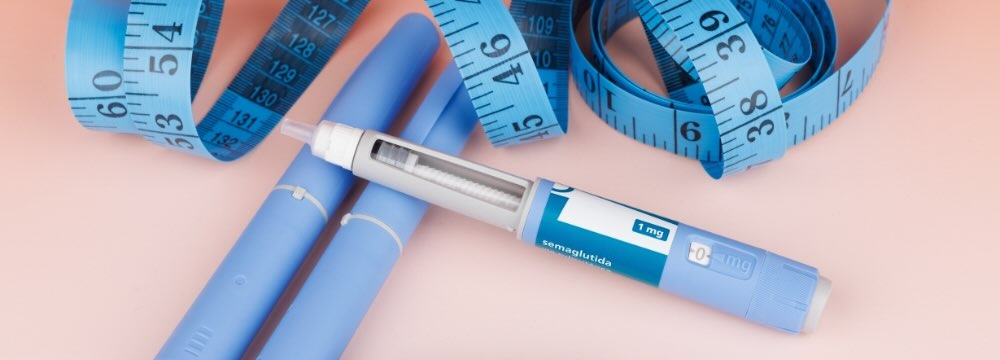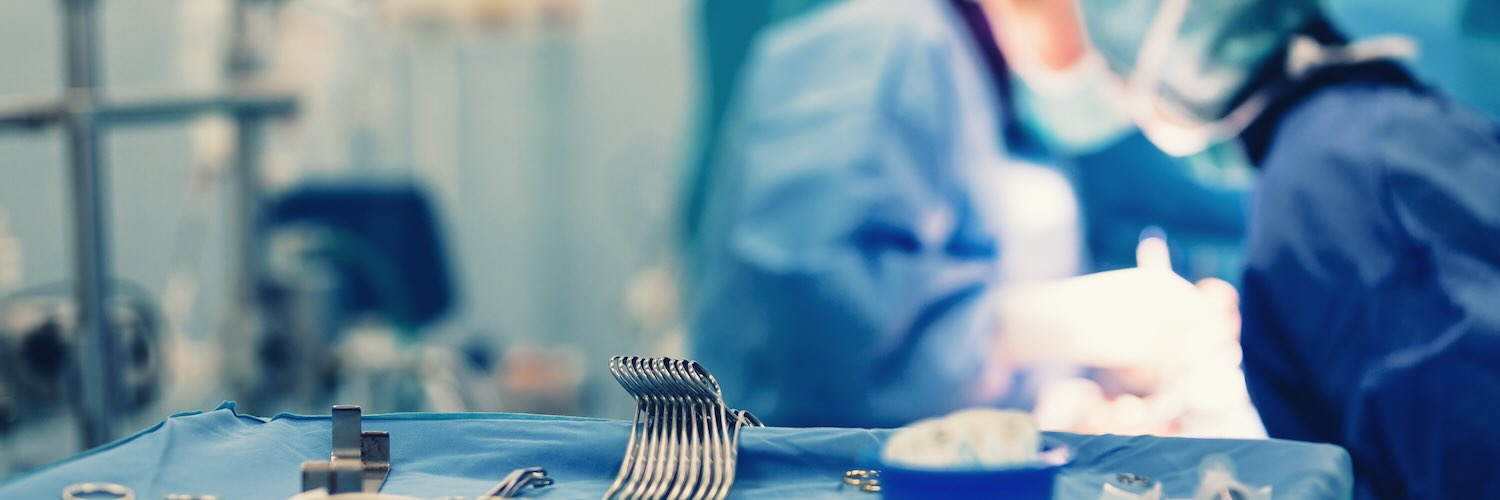
GLP-1 medications and bariatric surgery are two of the most effective options for weight loss and metabolic health. While often discussed as alternatives, they are not mutually exclusive. In fact, many patients may benefit from using both, either before or after surgery, depending on individual health needs.
So, the answer is yes – in some cases, combining the two can provide added benefits.
What Are GLP-1 Medications?
GLP-1 receptor agonists (GLP-1 RAs), such as semaglutide (Ozempic®/Wegovy®) and tirzepatide (Mounjaro®/Zepbound®), work by mimicking the hormone GLP-1, which regulates appetite and blood sugar. These medications can:
- Reduce hunger and cravings
- Slow digestion, leading to earlier satiety
- Improve blood sugar control in type 2 diabetes
- Support significant weight loss
What Does Bariatric Surgery Offer?
Bariatric procedures physically alter the stomach and, in some cases, the intestines to induce weight loss in patients with a body mass index (BMI) of 40 or higher, or 35 and up with certain concurrent metabolic or cardiovascular conditions. Surgery often results in:
- Rapid, substantial weight loss
- Improvement or remission of type 2 diabetes
- Reduction in obesity-related conditions like sleep apnea and fatty liver disease
- Long-term metabolic benefits beyond weight loss
Using GLP-1 Medications Before Surgery
For some patients, GLP-1 therapy can serve as a bridge to surgery. Benefits may include:
- Lowering surgical risk by reducing weight preoperatively
- Improving blood sugar and blood pressure control
- Helping patients establish healthier eating patterns
Using GLP-1 Medications After Surgery
Even after bariatric surgery, some patients may regain weight, plateau, or struggle with persistent appetite and metabolic conditions. GLP-1 RAs can:
- Reinforce weight loss maintenance
- Address weight regain years after surgery
- Continue to improve blood sugar control
- Complement lifestyle changes for long-term success
Can They Coexist Safely?
Yes, but with medical supervision. Not every patient needs both, but research and clinical practice show that GLP-1 therapy and bariatric surgery can complement each other. The best approach depends on:
- Individual health conditions
- Weight loss goals
- Insurance coverage and medication accessibility
- Guidance from an experienced bariatric or endocrinology team
A Personalized Approach
GLP-1 medications and bariatric surgery don’t have to be seen as either-or options. The decision of surgery versus GLP-1 RAs depends on your health history, weight loss goals, and response to each treatment. Some patients may do best with surgery alone, some with medication alone, and others with a combination.
At MASJax Bariatric and General Surgery, our team will help you navigate these options with a plan tailored to your needs. Whether it’s GLP-1 medication, surgery, or both, our goal is the same: to achieve safe, effective, and lasting weight loss.
Schedule a consultation today to explore your options and learn whether combining GLP-1 therapy with bariatric surgery is right for you.
GLP-1 Medications and Bariatric Surgery FAQ
Can I take GLP-1 medications after a gastric sleeve or bypass?
Yes. Many patients benefit from GLP-1 medications after gastric sleeve or gastric bypass, especially if weight loss slows or diabetes needs further control. Your surgeon will decide when to start based on your recovery and goals.
Do GLP-1 RAs make bariatric surgery unnecessary?
Not always. GLP-1 medications can support weight loss and diabetes management, but surgery still offers the most durable results for many patients with severe obesity. The two can complement each other.
Is it safe to combine GLP-1 therapy with bariatric surgery?
In most cases, yes. Studies show GLP-1 RAs are safe after surgery, but they should be monitored closely to avoid side effects like nausea or nutrient deficiencies.
Which surgery works best with GLP-1 medications?
Sleeve gastrectomy and gastric bypass are most studied with GLP-1 therapy, but patients undergoing banding or duodenal switch may also benefit. Your care team will recommend the best fit.
When should I consider adding GLP-1 RAs after surgery?
If weight regain occurs, diabetes isn’t fully controlled, or you need extra help reaching goals, GLP-1 medications may be an option even years after surgery. Talk to your care team to help coordinate the steps you need to take and when to take them.









